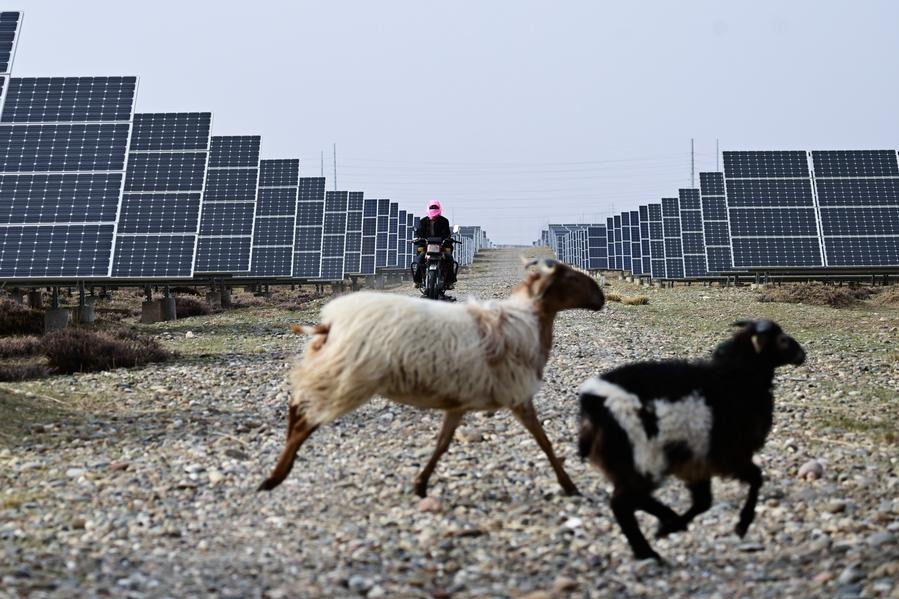Decouple and catastrophe awaits


AIIB boss delivers stark warning on shared pain from assault on multilateral system
The world should be on guard against the risk of major economies sliding toward decoupling, an outcome that the head of the Asian Infrastructure Investment Bank, or AIIB, warns would be catastrophic.
For now, AIIB president Jin Liqun said, there was more rhetoric than action from the advocates of decoupling. However, in comments to China Daily, he spoke of the strains that the pandemic has placed on multilateralism and how it has fomented anti-globalization sentiment.
As head of a multilateral development bank focusing on infrastructural connectivity, Jin is outspoken in discussing the "catastrophe" that decoupling would bring, and in deciphering the events that give rise to the perceptions of the globalization skeptics.
He was expected to discuss "The Case for More (and Better) Multilateralism in Times of Global Crisis" at the Peterson Institute for International Economics virtually on Tuesday.
Two weeks earlier, Jin was speaking in support of trade at the 2021 Aspen Security Forum, where he quipped: "Wine consumption in China is good news for Napa Valley."
Although the laws of economics determine that decoupling is not easy, Jin notes that politics may play a role, so it is "crucial" to alert the world to the global catastrophe this outcome would bring. He wants to leave ordinary people in no doubt on the impact of bifurcation on their livelihoods.
"Man-made disasters did not happen because people who pushed it hard did not know the consequences of their irrational actions; rather they did not foresee the magnitude of such disasters and even cynically made it happen, until it was too late," Jin told China Daily in the interview.
Research has shown that delinking of the world's top two economies alone would have far-reaching implications.
Tensions between the US and China have flared up in recent years, especially since the outbreak of the pandemic, fueling protectionism and broader debates about shifts in supply chains, reshoring and resilience.
On the investment front, if decoupling leads to the sale of half the US foreign direct investment stock in China, US investors would lose $25 billion a year in capital gains, and models point to one-time GDP losses of up to $500 billion, according to a report by the Rhodium Group released in February.
In people flows, if future flows of Chinese tourists and students are reduced by half from their pre-COVID levels, the US would lose up to $30 billion a year in services trade exports, the New York-based research group said in the report titled "Understanding US-China Decoupling: Macro Trends and Industry Impacts".
"There should be no market for those who are trumpeting decoupling for whatever their motivation," Jin said. "Public awareness of the catastrophe is a huge retardant to the prairie fire of intractable decoupling once kicked off."
Jin notes that decoupling is so far more talk than action, and his bank, which promotes infrastructure development in Asia and beyond, is "a little bit distant" from the scenario. But if economic decoupling does materialize, that "definitely would have huge implications for the countries we support", he said.
The former Chinese vice-minister of finance and vice-president of the Asian Development Bank said a globalized economy is a win-win for all of the participants, and multilateralism is the answer to a lot of woes.

































